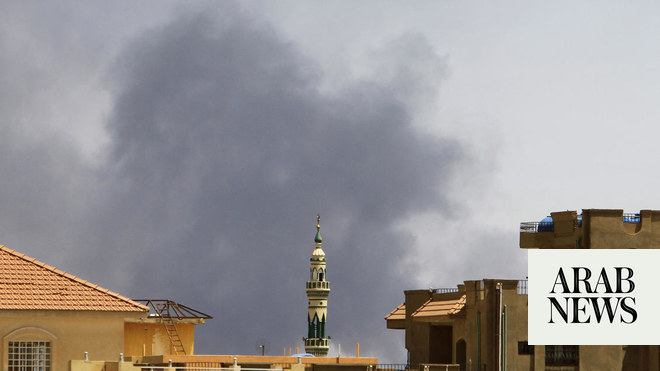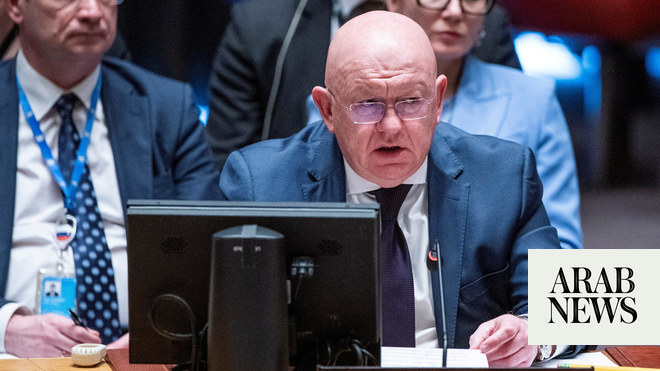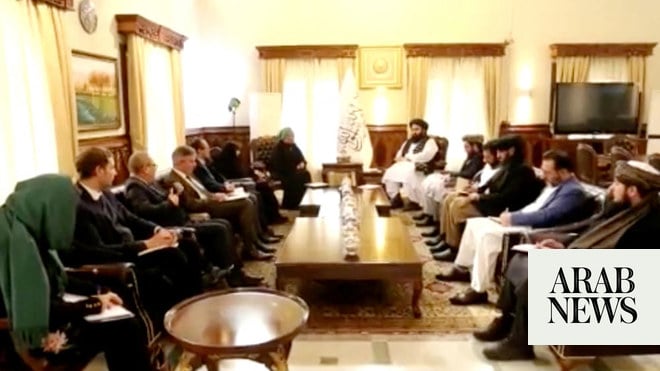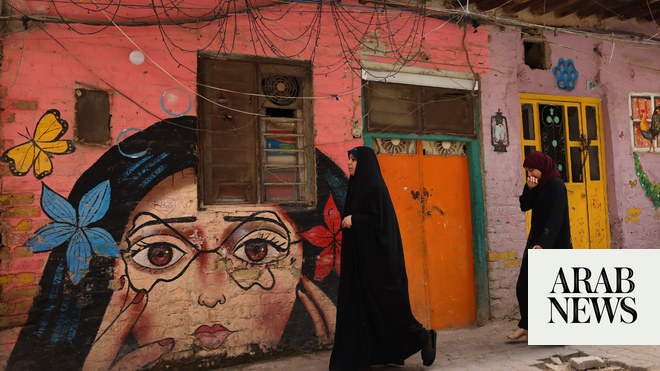
Russia has introduced a new UN security council resolution that could threaten the rights of women in conflict by attempting to water down previously agreed commitments on human rights.
Negotiations are ongoing and it is doubtful they will conclude ahead of a special virtual meeting on Thursday to discuss women’s role in peace and security efforts.
The meeting will mark the 20th anniversary of the adoption of the security council’s first resolution to recognise women’s unique and disproportionate experience of conflict, and demand an equal role in peace negotiations, operations and reconstruction.
Since then the security council has adopted nine further resolutions on women and security – at least five have a specific focus on the use of rape as a weapon of war.
But there are huge gaps in implementation. Between 1992 and 2019, women have made up an average of 13% of negotiators, 6% of mediators and 6% of signatories in major peace processes.
The recent rollback on women’s rights globally has made further progress difficult.
Last year a resolution introduced by Germany to combat wartime rape was only passed when references in the text to sexual and reproductive health and rights were removed to suit the US.
Vanessa Jackson, UN representative for the NGO Care International, said: “We very much feel that when you reach the 20th year of bedding down a whole framework and 10 security council resolutions to try to advance women’s right to be involved in peace and security, you can begin to look at what are the gaps and how do we address them – and there are many gaps in implementation.
“But what we have been seeing in the past couple of years is the women, peace and security agenda has become another battleground for women’s human rights. The pushback we’re seeing globally is happening in the council.”
Hannah Bond, director of Gender Action for Peace and Security, added: “2020 marks an important milestone for women, peace and security. It should have focused on implementation of the many commitments not yet met by the international community, including the urgent need for more funding to support women’s and girls’ rights in conflict.”
Voting is expected to play out along geopolitical lines, with China backing Russia, which currently holds the presidency of the security council. It is unclear how the UK and other western states, including France and the US, will vote.
A spokesperson for the UK Foreign, Commonwealth and Development Office, said: “We will not accept any backsliding on this vital agenda and are working with our partners to ensure the resolution upholds the progress made on women’s rights over the last 20 years.”
At Thursday’s meeting, British minister James Cleverly is expected to announce funding to support female mediators.
The Russian mission to the UN did not respond to a request for comment.












